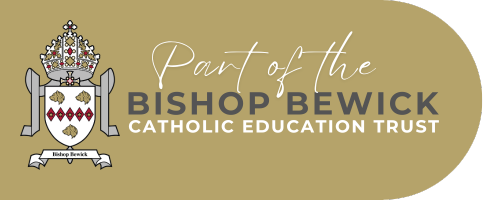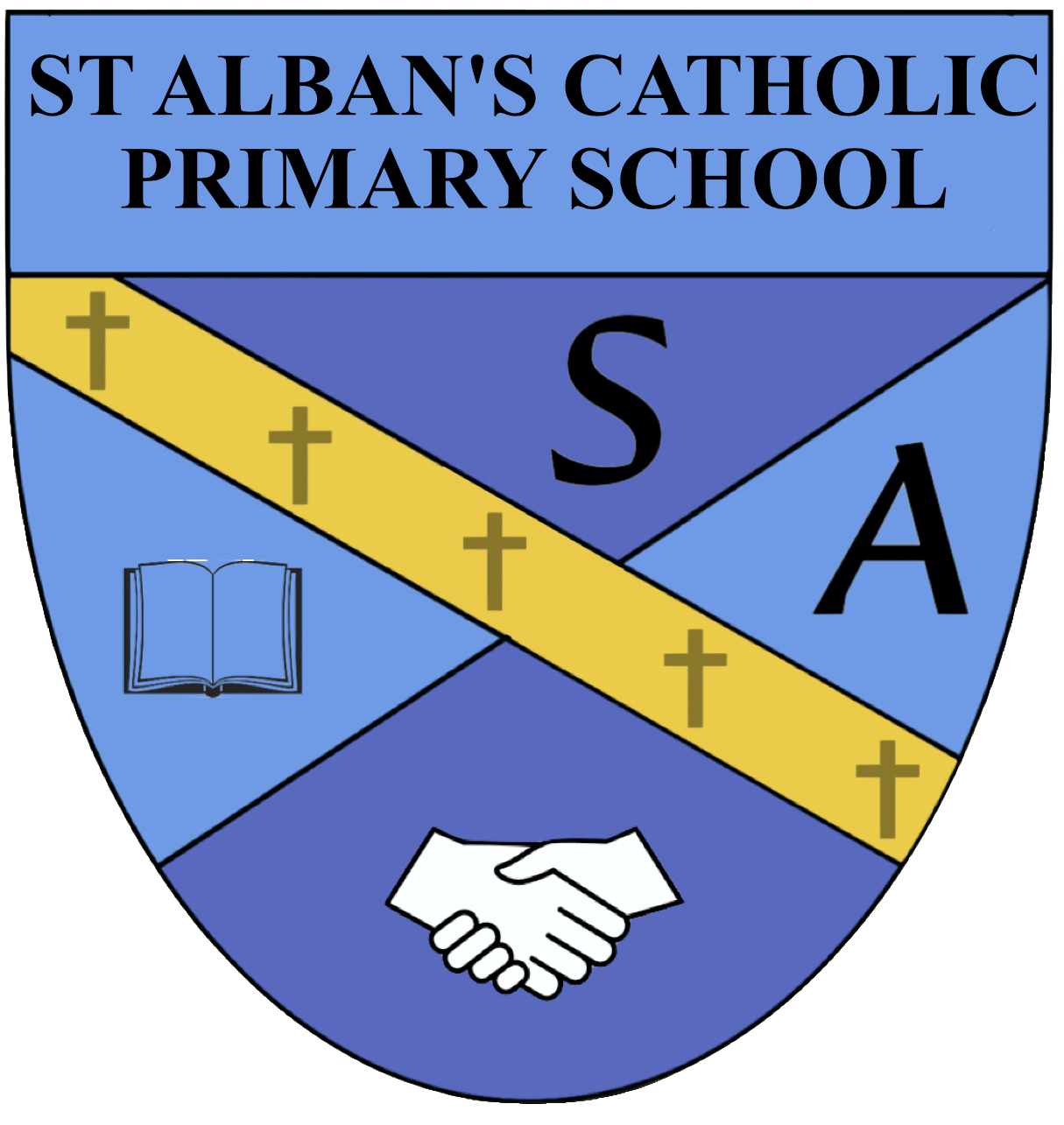
EARLY YEARS
EARLY YEARS
Every child is different and unique. When children start at St Alban’s they become part of our family. We pride ourselves in knowing each child individually and celebrating their uniqueness, planning for their interests and creating next steps to achieve the upmost learning outcomes.
We know that children learn best through their play so we carefully plan our curriculum and learning environment around overarching curriculum themes that follow our progressive bespoke curriculum; promotes enquiry, explores learning to embed skills and knowledge and values play opportunities to engage the children to encourage them to express their new learning.
What are the main principles?
Religious Education (RE)
Religious education is at the heart of our school and children in Early Years are taught RE using the 'Come and See' Catholic curriculum, alongside the rest of the school. The Catholic Ethos and learning of our school is also promoted throughout our Early Years curriculum.
Early Years Curriculum
Our Early Years curriculum follows the statutory Early Years Framework, consisting of three prime and four specific areas of learning.
The prime areas of learning are the foundation blocks of future learning and consist of:
Personal, social and emotional development
This area of learning is about emotional well-being, knowing who you are and where you fit in and feeling good about yourself, as well as learning how to look after yourself. It is also about developing respect for others, social competence and a positive disposition to learn.
Communication and language
The development and use of communication and language is at the heart of young children’s learning. Learning to listen and speak emerges from non-verbal communication. These skills develop as children express their needs and feelings. At first, all learning takes place through action and young children learn best when their tasks involve the engagement of many senses.
Physical development
Children develop skills of coordination, control, manipulation and movement in both fine and gross motor skills. Physical education also helps children gain confidence in what they can do and enables them to feel positive about themselves. Fine motor skills are developed to support children in holding tools such as scissors and pencils.
Our cross-curricular themes are planned in depth to cover the specific areas of learning:
Literacy
Reading is a complex process which takes time – it is based on building a wide vocabulary through listening and talking; the more words a child understands, the better they will be able to make sense of what they read. Ultimately, it involves reading with understanding through applying phonic knowledge to words which can be sounded phonetically and learning to read other words through familiarisation.
Writing begins with talking, listening and mark-making and develops over time as children acquire an understanding that spoken words can be represented in signs and symbols. Through learning about sounds and how these can be represented in writing, children become aware of phoneme-grapheme correspondences and the skills of forming graphemes to write words and sentences.
Mathematics
In this area of learning, children gradually become more confident and competent in counting, sorting, matching, seeking patterns, making connections, recognising relationships and working with numbers, shapes, space and measures. Children’s mathematical development arises out of daily experiences in a rich and interesting environment.
Understanding the world
Through this area of the curriculum, children are developing the crucial knowledge, skills and understanding that helps them make sense of the world. This forms the basis for future work in Science, RE, Celebrations, RSHE, History and Geography.
Expressive arts and design
This area of learning includes Art, Design & Technology, Music, Dance, role-play and imaginative play. Being creative helps children to make connections between one area of learning and another and so extends their understanding.
OPAL
What is OPAL?
Outdoor Play And Learning https://outdoorplayandlearning.org.uk/
What is it?
OPAL is a play curriculum that St Alban’s will be starting for lunchtimes. It is a new approach to playing to try and give the children more opportunities to explore and experience play. We are going to be creating 'zones' for any child in any class to play in e.g. a construction zone, a digging zone, a den building zone and a relaxing zone. The children have all shared their ideas of resources and zones that they would like in their lunchtime which will be introduced slowly.
Please read through the following documents for further information and see the display board outside the front of school for a list of resources we need!
How can I support OPAL as a parent?
We need you to understand how important play is to all children. Please send your child/children into school every day with a coat and ideally a warm and waterproof one. Please make sure that all uniform and clothing being sent in, is named.
Resources for all of the zones are always welcome! Please see the notice board at the front of school for a list of items. Den building equipment, old bikes and scooters, jigsaw puzzles and board games, dressing up clothes are popular at the moment.
DOCUMENTS:


